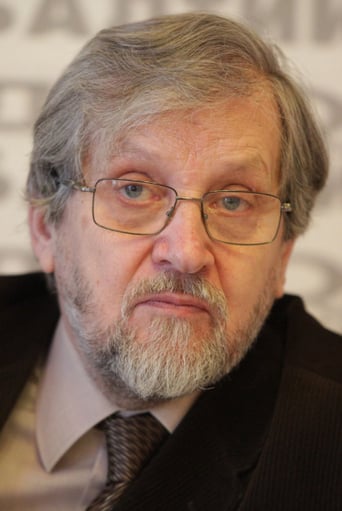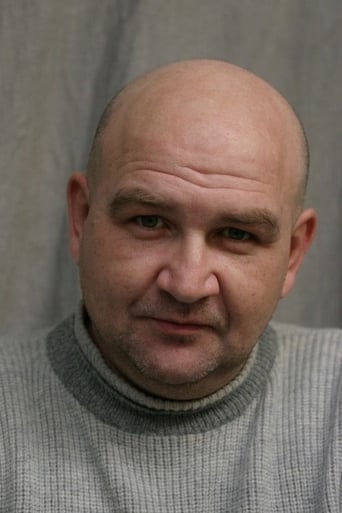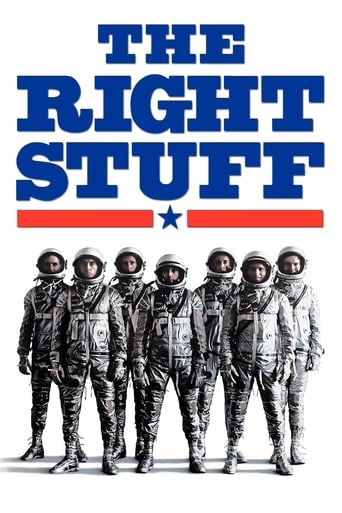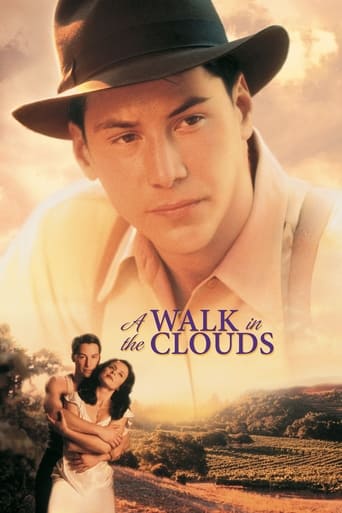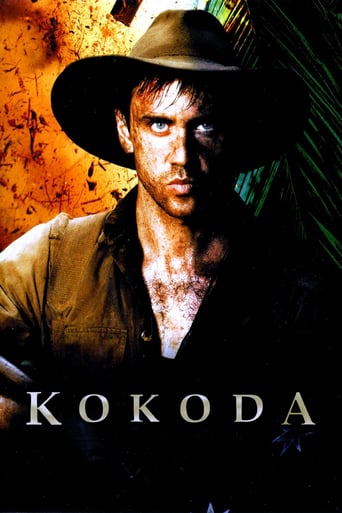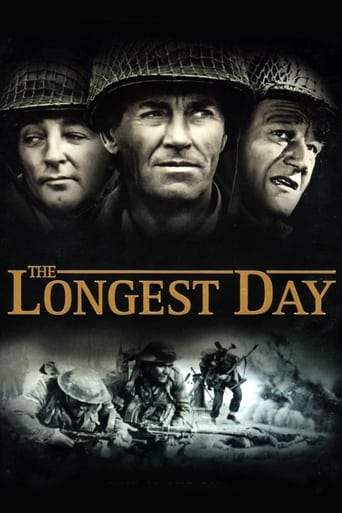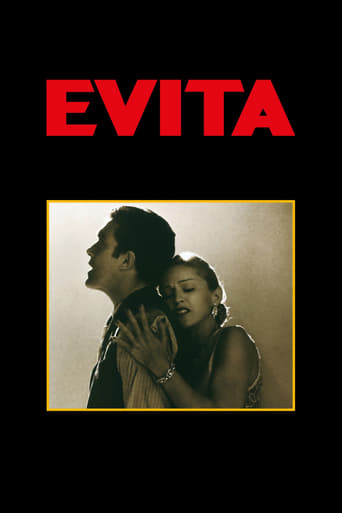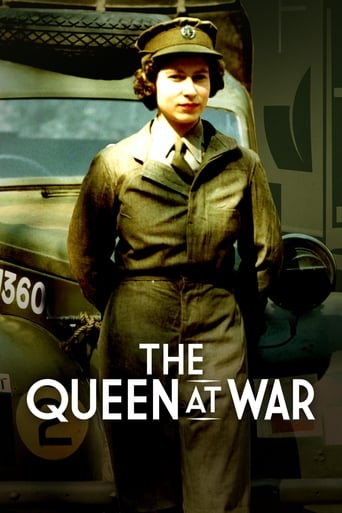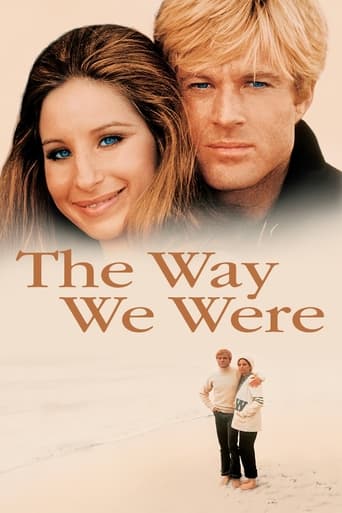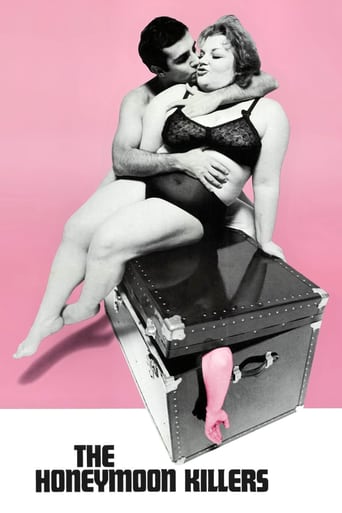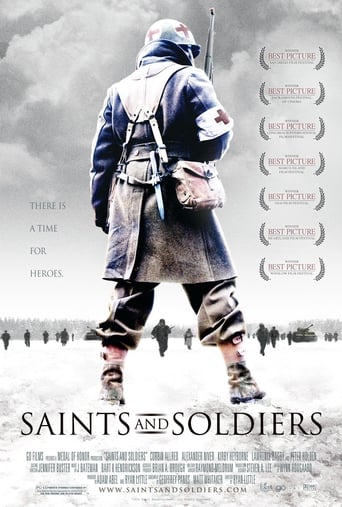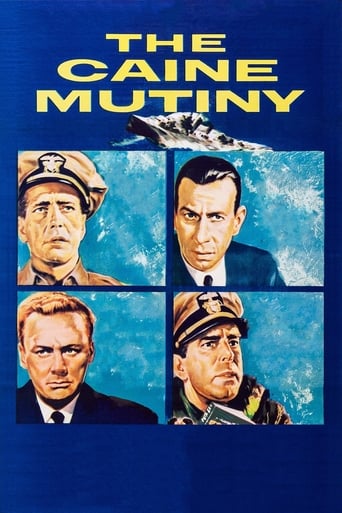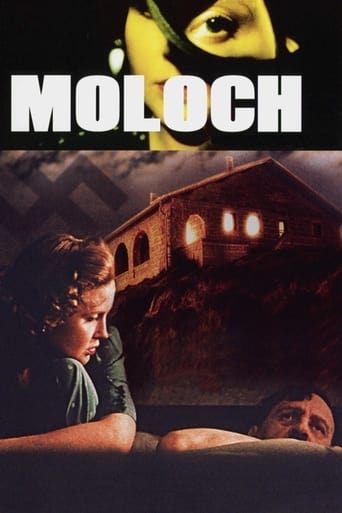
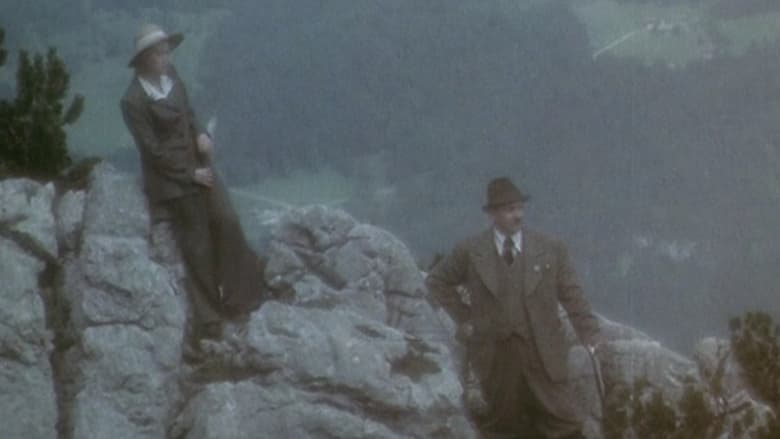
Moloch (1999)
In 1942 Bavaria, Eva is alone, when Adolf arrives with Josef, his wife Magda, and Martin to spend a couple of days without politics.
Watch Trailer
Cast


Similar titles
Reviews
If you remember Casablanca, you'll recall that Rick is a man who begins the film dead on the inside. His heart is broken, he is an alcoholic, he's perfectly neutral, and he doesn't stick his neck out for anybody. But as the film progresses Rick rediscovers his own life again and goes on to take a roll in the war."Moloch" shows us this reverse story of the anti-hero Rick. Hitler is the negation of an anti-hero, someone who probably began life off-screen perfectly moral and alive. But his desires and fears have made him a monster, dead on the inside.People who destroy life do so because they are afraid of their own deaths. Any child who has a momentary fright in contemplating death may respond by killing an insect or a small animal and taking succor in the control over life and death. This is how evil might begin. Thus Sokurov films the vulnerable, underwear-clad Hitler of the everyday in a state of child-like fear of his own death, nearly all the time.But the real damnation of the killer is that in the end even perpetrating destruction will not ward off the ghosts of the mind. "Death is death," reminds Eva Braun, helpfully. Like Rick's Ilsa, she knows the whole time the true source and purpose of life, knows it down in her bones. But poor Eva has no Rick to work with, and eventually her efforts to liven Hitler only bring up her own worst fears.Pretty nice example of classical plot structure with negation of the anti-hero!
Part of a tetralogy that includes the recent, amazing "The Sun" about Hirohito (2005, shown at the New York Film Festival but as yet without a US distributor), as well as "Taurus" (Telets, 2002), about a mortally ill Lenin. (The fourth I think is not yet made.) All concern men of great power at decisive and tragic moments. "Moloch" concerns Hitler in 1942 in an eagle's nest castle in the Bavarian Alps, isolated, as in other portraits, among his cadres and Eva Braun, indulging in grumpy vegetarian dinners and tossing about weird racist remarks about other nationalities. This is acted by strong members of the theater of St. Petersburg, Elena Rufanova as Eva Barun, Leonid Mosgovoi as Hitler, Leonid Solol as Goebbels, Yelena Spirindonova as Frau Goebbels, Vladimir Bogdanov as Martin Bormann, whose lines are dubbed by German actors, and this is done well. The whole is bathed in a murky green-gray or verdigris fog -- saturated, someone has written, with a kind of patina characteristic of old Agfa films -- the fogginess typical also of Sokurov's style elsewhere, with (as in The Sun) a sumptuous feel in the mise-en-scène and amazing, evocative period realness to objects (photo books, ashtrays, serving dishes) which seem at once solid and delicate. Yes, this is remarkable film-making. But the film as a whole is yawn-inducing. Hitler spends most of his screen time moaning about his health. Ten minutes are devoted to Eva's wandering around naked without a word spoken. She is graceful and athletic; but why? Well, to evoke the boredom and idleness of the isolated concubine -- but is such length necessary? "Moloch" is very different from, and rather disappointing in comparison to, "The Sun's" stunning, touching portrayal of Hirohito, which dwells also on trivial moments, but always in the cause of a sensitive exploration of character and situation. There is a hushed intimacy about "The Sun" that "Moloch", though it has a few grand moments and may even evoke Lang's "Metropolis," never attempts. Hitler doesn't even really talk enough, and this brings us to the inevitable fact that at this date, 2006, "Moloch" is thoroughly overshadowed by the far more conventional, sometimes heavy-handed, but nonetheless richly detailed and accurate and breathlessly exciting recreation of the last days in the Bunker achieved recently by Oliver Hirschbiegel in his "Downfall" ("Der Untergang," 2004), released in the US last year and containing Bruno Ganz's powerful performance as the Nazi dictator.
It's a masterpiece. Provocative and strange. As you watch you wonder what the hell is going on. It's one of those films that shakes up your idea of cinema. It overturns your idea of history dealing with a subject that has been stamped and framed through so many documentaries and films so that you have already have your mind ready made for you. Nothing can be further from this movie. This is a movie that makes you rethink. And it's funny too. As the title suggests it's about evil and evil empires but instead of dealing with their grandiose and terrible projects it approaches Hitler and his cronies by illustrating their banality, ordinariness, and yes, ridiculous antics. There's no way you could describe this film as in some way supportive of Hitler. Hitler playing around with his teasing lover, his masculinity and prowess at stake. Hitler pontificating about this and that with every word he says taken down in writing as though it were gospel. Hitler with his bloated and deformed cronies messing about in the Eagles Nest, up there in the mist looking over his empire of clouds. Sokurov has made great movies and this is another.
The theme is interesting. But the "Russianness" of the production, from the actors' physiques to the very "Soviet" idealization of Berchtesgaden is enough to make you laugh. Granted, Aleksandr Sokhurov did have the main characters mouth the German dialogue allowing for proper German dubbing, but even the Berlin theater group's voices are inappropriate for the non-Berliners depicted (Adolf and Eva). Anyway, this is just a small bone to pick. The production, and slow, slow pace screamed out SOVIET louder than any of Sokhurov's previous films. This is obviously due to the its very un-Russian, un-Soviet theme. It's a ridiculously pretentious piece of filmmaking that will taint the director's body of work forever. If I hadn't been forced to sit through it (with colleagues and far from the aisle) at a film festival, I would have never sat through it. As a public service to film festival goers, please use your precious hours more wisely. Skip this boring time warp.


